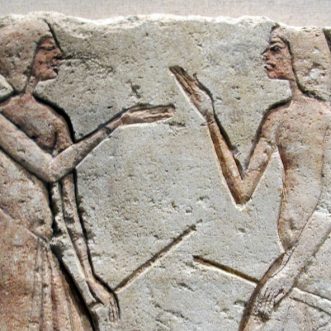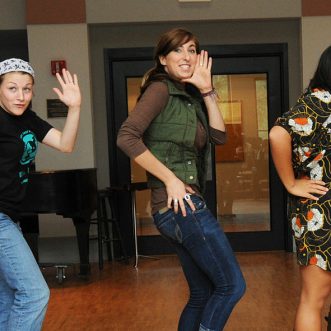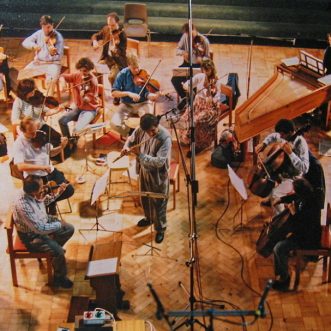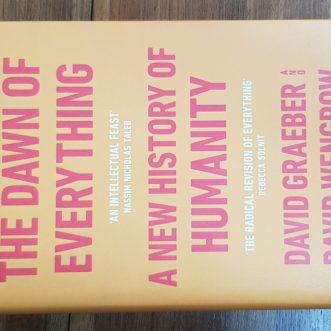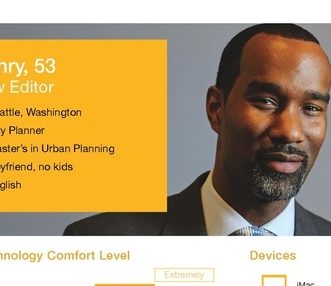October 18, 2021
There’s something very attractive about anonymity. It’s one of the pleasures of living in a town – you can wander unrecognised, without meeting anyone you know.
The real problem with villages – or any village-sized community – is not that “everyone knows everyone else’s business“, but that the consequence of that is a heavy load of emotional labour. You can’t walk down the street without having to greet someone, ask after them, take an interest in their affairs, respond to their interest in yours. You have to see them, recognise them as co-habitants, consider their needs in your decisions. Everything becomes a negotiation between you and your neighbours.
If you think that village life is bad, imagine what it would be like if every living thing was also an honorary person. If every tree, rabbit, and dandelion was a neighbour, requiring you to take an interest in their affairs, and taking an interest in yours.
Now add in ancestors, and you’ve got a recipe for emotional exhaustion, because trees, rabbits, dandelions and dead people don’t communicate their desires very clearly, so it’s easy to be wrong.
No wonder we leapt at the chance to have someone take this burden off our shoulders. To appoint a priest or a king whose sole job it was to deal with all these matters, so we can just get on with our day-to-day lives, able to treat the wildlife and the ghosts as strangers, saving our emotional labour for our living neighbours.
We’ve gone much further than that since, of course. Now even our neighbours are strangers. Amazon and Just-Eat, Mondelez and JBS S.A. have replaced priests and kings, taking care of all those matters we don’t want to be burdened with, hiding what we don’t want to see. Our connection to the trees, rabbits and dandelions has been attenuated almost to nothing. Our villages are empty.
There’s a downside to anonymity of course. After a while, you long to be seen, to be recognised as a human being, to be known again. We long for the company of people who know everything about us. We want to feel at home.
We can’t go back. Perhaps we have to create a new kind of village.
